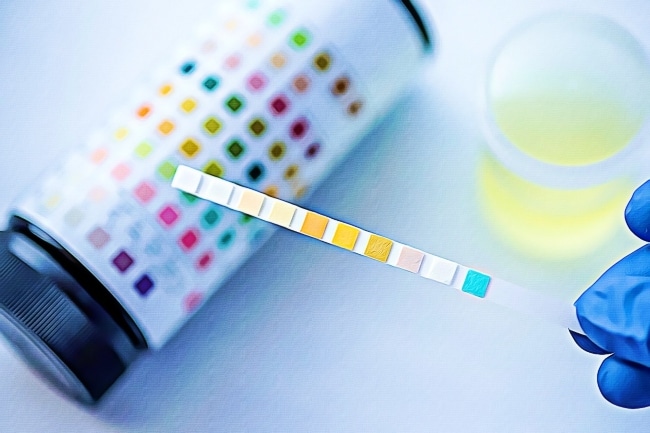In today’s society, drug and alcohol testing has become a critical component of various sectors, including employment, legal, and healthcare settings. This type of testing helps ensure safety in the workplace, compliance with laws, and supports individuals in managing or overcoming substance-related challenges.
What Are Drug and Alcohol Tests?
Drug and alcohol tests are designed to detect the presence of substances or their metabolites in your body. These tests can be conducted using various samples such as urine, blood, hair, saliva, and breath. The choice of test depends on the reason for testing, the substances being tested for, and the window of detection required.
Why Are These Tests Conducted?
- Workplace Safety: Employers conduct drug and alcohol tests to maintain a safe and productive work environment. It’s especially critical in industries where impairment could result in serious accidents or harm.
- Legal Requirements: In legal scenarios, such as DUI charges or probation conditions, these tests are used to verify an individual’s sobriety.
- Healthcare Purposes: Doctors may order these tests to diagnose substance misuse problems, monitor a patient’s recovery from addiction, or evaluate medication effectiveness.
Types of Drug and Alcohol Tests and What They Reveal
- Urine Tests: The most common method for drug and alcohol testing, capable of detecting various substances and their metabolites for days or weeks after use.
- Blood Tests: Provides a more precise measurement of the substance itself, offering evidence of current impairment.
- Saliva Tests: Useful for detecting recent use, saliva tests are less invasive and can be performed easily.
- Hair Follicle Tests: Can detect drug use over a longer period, typically up to 90 days, but not recent use.
- Breathalyzers: Specifically used for alcohol testing, breathalyzers measure the blood alcohol content (BAC) and provide immediate results.

The Science Behind the Tests
Drug and alcohol tests are based on the detection of specific substances or their metabolites. Metabolites are by-products formed when the body processes a substance. The sensitivity and specificity of these tests are crucial for accurate detection and minimal false positives or negatives.
Understanding the Legal and Ethical Aspects
It’s important to be aware of the legal and ethical considerations surrounding drug and alcohol testing. Consent, privacy, and the right to a fair test are paramount. Employers, legal authorities, and healthcare providers must adhere to strict guidelines to ensure the integrity of the testing process.
Support for Substance Challenges
If you or a loved one are navigating the complexities of substance use, it’s essential to know that help is available. Seeking support can be a significant step toward recovery and a healthier life. Organizations like Alternative Addiction provide resources, counseling, and support systems to assist individuals in overcoming addiction.
For more in-depth information on the science and methodology behind drug and alcohol testing, consider exploring resources provided by the National Institute on Drug Abuse (NIH), which offers a wealth of research and educational materials.
Conclusion
Drug and alcohol testing plays a crucial role in promoting safety, health, and well-being in various contexts. By understanding the types, purposes, and methodologies of these tests, individuals and organizations can make informed decisions about their use and implications. If facing challenges related to substance use, remember that resources and support networks are available to provide help and guidance.
Navigating substance use issues can be difficult, but with the right information and support, recovery is possible. Consider reaching out to professionals and organizations dedicated to providing assistance and support to those affected by substance use disorders.
source:https://www.fmcsa.dot.gov/regulations/drug-alcohol-testing-program




